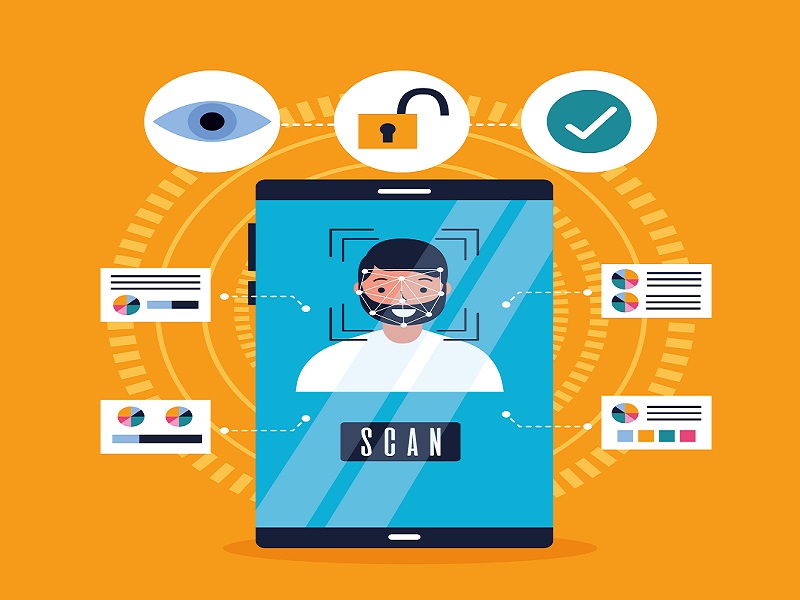The Buyt Desk
The Reserve Bank Of India (RBI), has issued a guideline to banks and regulatory authorities to improve customer protection against KYC Updation fraud on 13 September 2021. RBI has cautioned people not to share their bank account login details, debit or credit card information, personal information, KYC documents, PIN, account password or OTP with an unidentified agency or person.
RBI said, “ These are sensitive details, and any individual should not share this information to unauthorized agencies or people. In case any customer receives the request from an unauthorized source to share any of this information, they are requested to contact the bank or branch to report the incident.”
RBI has issued this guideline after receiving multiple complaints of fraud from people and banks.
The pattern of crime in such cases includes, the customer receives a call, SMS or email by an unauthorized person that urge him/her to share details such as account login details, debit or credit card information, personal information, KYC documents, PIN, account password or OTP or install some unauthorized application in the name of KYC update.
Such calls and emails also threaten customers for permanent account closure/block and freeze. Once the customer shares all this information via any communication medium, fraudsters get access to their account and defraud the customer.
RBI has also added that ‘Though the concerned authorities have been asked to undertake the periodic update of customer KYC, concerning authorities have also simplified the KYC updation process to a large extent.”
RBI has issued the guideline to regulatory authorities in this regard. It says that accounts whose KYC periodic updation is due or pending to date will not be penalized by actions like freezing, blocking or closure of the account. This guideline will prevail till 31 December 2021.
In addition to that, referring to the RBI annual report (2020-2021), the Department of Supervision (DoS) has stated that the Department will further toughen the supervisory data collecting process related to KYC/anti-money laundering (AML). This action would facilitate better risk discovery, risk-based supervision (RBS) and risk assessment processes in respect of KYC/AML supervision.







